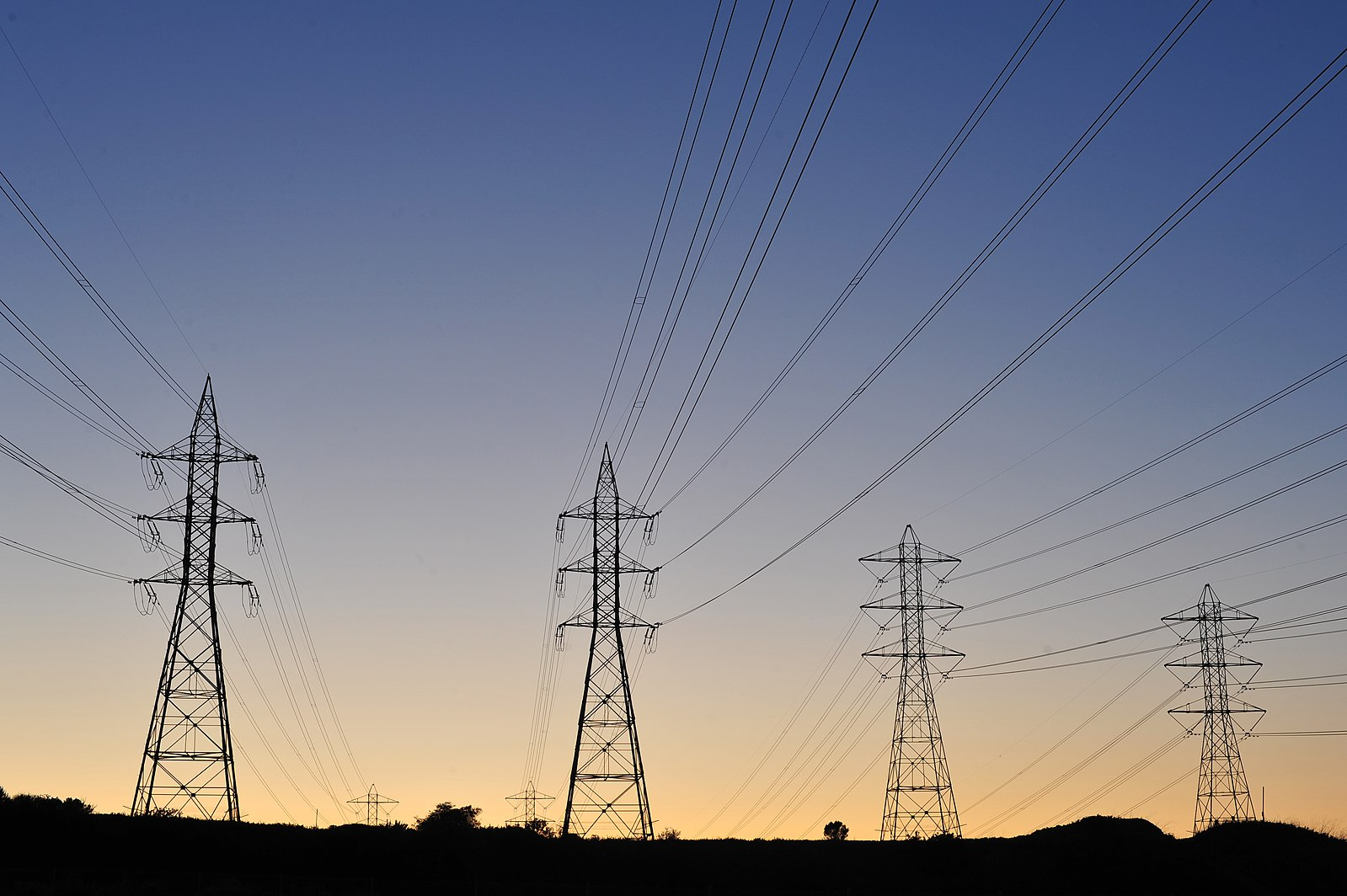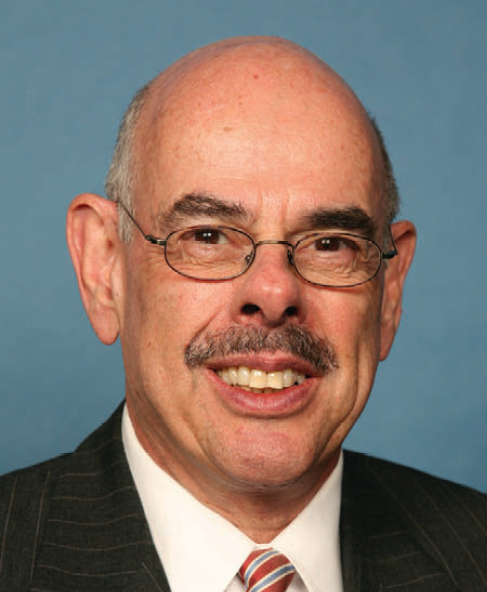Federal Energy Regulatory Commission
Transmission Tangle, Transmission Tango
A new report maps out recent federal actions to improve planning for future electric transmission
On the macro level, just about everyone is a big fan of a rapid, aggressive build-out of new long-distance electric transmission lines – to help meet the anticipated rapid growth in demand for electricity due to the electrification of transportation and energy use in buildings, and the growth of AI. In addition, new big bulk …
Continue reading “Transmission Tangle, Transmission Tango”
CONTINUE READINGReviewing Agency Indecision
The Third Circuit straightens out a quirk in FERC law, to the benefit of renewable energy.
A case decided by the Third Circuit last week is important for two reasons. It clarifies an important procedural issue applying to the Federal Energy Regulatory Commission (FERC). And it upholds an important policy shift regarding renewable energy by the country’s largest grid operator. Since you’re probably more interested in the second point than the …
Continue reading “Reviewing Agency Indecision”
CONTINUE READINGTwo FERC Cases and Why They Matter
Last week’s D.C. Circuit cases illustrate why environmental lawyers need to understand FERC.
The Federal Energy Regulatory Commission (FERC) has been called the most important environmental agency that no one has heard of. At the end of last week, the D.C. Circuit decided two undramatic FERC cases that illustrate FERC’s environmental significance. One involved a bailout to coal and nuclear plants, the other involved water quality. The first …
Continue reading “Two FERC Cases and Why They Matter”
CONTINUE READINGA Sleeper Provision in the Senate Infrastructure Bill
The bill gives the Feds broad authority to authorize transmission projects.
We will need a much more robust transmission in coming years. Sources of renewable energy, such as Iowa wind farms, are often located far from the urban centers that need the power. Transmission also helps to deal with weather issues that may impact renewables: even if it’s too cloudy for solar in one state, the …
Continue reading “A Sleeper Provision in the Senate Infrastructure Bill”
CONTINUE READINGSome of the Things Federal Agencies Can Do to Address Climate Change
Current federal law provides many ways to reduce greenhouse gas emissions, even without a friendly senate
As the likelihood grows that the United States will have a new president who will preside over a divided government, and various policy think tanks line up to offer suggestions for effective action on various important issues, it seems like the right time to shine a light once again on a series of reports issued …
Continue reading “Some of the Things Federal Agencies Can Do to Address Climate Change”
CONTINUE READINGContinuing Efforts to Put a Price on Carbon
New York regulators and transmission operators consider a carbon adder for wholesale electricity.
The New York Independent System Operator (NYISO) operates the state’s electric grid and conducts wholesale power markets. The New York Department of Public Service regulates the state’s investor-owned electricity providers. Together, they have issued a report concluding that the state, ratepayers, and the environment would benefit from placing a charge on wholesale electric power to …
Continue reading “Continuing Efforts to Put a Price on Carbon”
CONTINUE READINGCongressman Waxman Tells FERC: Read UC Berkeley’s Climate Change Study
Henry Waxman urges FERC to act on greenhouse gas emissions.
In a Congressional hearing this morning, Congressman Henry Waxman had a rare chance to face all five sitting members of the Federal Energy Regulatory Commission (FERC) at the same time to talk about climate change. He took the opportunity to point out UC Berkeley’s recent report on FERC’s authority under existing law to reduce greenhouse …
Continue reading “Congressman Waxman Tells FERC: Read UC Berkeley’s Climate Change Study”
CONTINUE READINGThe Federal Energy Regulatory Commission Can Do a Lot to Reduce Greenhouse Gas
A new report shows that FERC has extensive power to address climate change.
The U.S. Environmental Protection Agency (EPA) has captured the attention of the energy world with its proposed regulations to reduce greenhouse gas emissions from existing power plants – and for good reason. The EPA’s authority is broad and its resolve to address climate change is evident. But other federal agencies are in a position to …
Continue reading “The Federal Energy Regulatory Commission Can Do a Lot to Reduce Greenhouse Gas”
CONTINUE READINGGuest Blogger Joel Eisen: D.C. Circuit Vacates FERC Smart Grid “Demand Response” Rule
Joel B. Eisen is Professor of Law and Austin Owen Research Fellow at University of Richmond School of Law. His scholarly work is available here. Last Friday (May 23), in Electric Power Supply Association v. FERC, a D.C. Circuit panel split 2-1 and vacated Order 745, a Federal Energy Regulatory Commission (FERC) rule designed to …
CONTINUE READINGThe Election Results and National Energy Policy
In trying to read the effect of the 2012 elections on national energy policy, there are at least five places to look: 1. Continuity at the Federal Energy Regulatory Commission One of the more dramatic changes that occurred during the first Obama term was a shift in the mission of the Federal Regulatory Commission. FERC …
Continue reading “The Election Results and National Energy Policy”
CONTINUE READING








